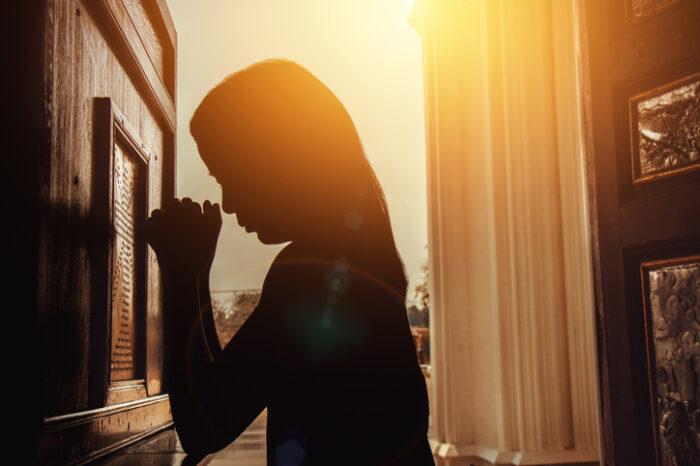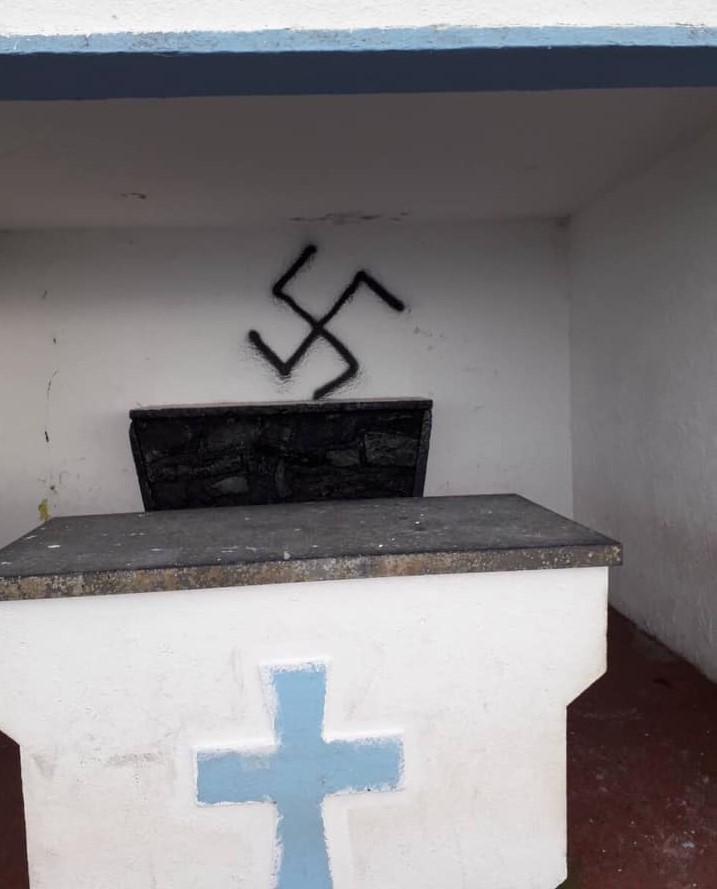At least 176 children lost either one or both of their parents in the Sri Lanka Easter Sunday bombings, according to the Archbishop of Colombo, Cardinal Malcolm Ranjith.
Of the more than 250 people who died in the bombings in three churches and three hotels in Sri Lanka, 54 were from St. Anthony’s, announced the priest, Fr. Jude Fernando during the service, as armed military personnel guarded the church and frisked all visitors. At least 106 worshippers were wounded in the explosion, he added.
Islamist extremists bombed three churches, including St. Sebastian’s in Negombo (outside Colombo, close to the international airport) and the evangelical Zion Church in the city of Batticaloa in the Eastern Province, several hundred miles from the capital.
On July 21, St. Sebastian’s held their first service since the terror attacks.
In Batticaloa, some injured victims remain hospitalised, some still unaware that their children or spouses have succumbed to injuries, Raghu Balachandran from the National Christian Evangelical Alliance of Sri Lanka said.
Helping victims and survivors deal with their emotional trauma is the biggest need at the moment, but there are few Christian counsellors available, he added.


















